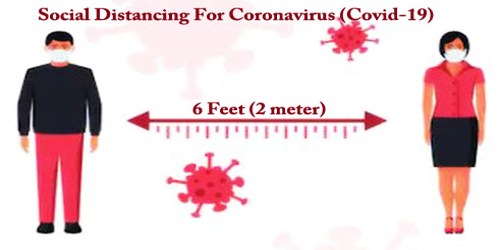Lauren Berson left Andreessen Horowitz in order to assist Weight Watchers expand beyond weight reduction. What the growth strategy specialist didn’t realize was that she’d soon find inspiration for her first business, Conceive, a digital health firm. Berson spent time on the Weight Watchers user forums after enrolling, reading at information ranging from transformation images to someone informing the group on their plans to go for a walk later. She claimed she witnessed a “wonderful, visceral, ongoing sensation” of people supporting one another. One thing resulted in responsibility and, ultimately, outcomes.
At the same time, Berson was attempting to conceive a child. She and her partner tried for three years to conceive, going through unsuccessful treatments, loneliness, and a miscarriage before giving birth to their two-and-a-half-year-old daughter. Conceive, a computerized fertilization service that debuted today, takes a page from Berson’s professional and personal playbook. She founded the business to link some of the most driven individuals in the world – those who want to have families — with one other, suppliers, curricula, and coaches. She explained that the purpose is to provide a better guide to the subterranean communities that go through one of the “most difficult patient journeys” in the world.
For someone who is new to IVF or is just starting to talk about starting a family, Conceive’s eight-week “trying to conceive” program looks different. Users are matched with a curriculum and coach that best suits their requirements, based on characteristics such as geographic area, length of time attempting, and diversity. The cost of the program is $549, with some grants available. Berson noted that she chose to start with direct-to-consumer because she didn’t want to limit herself to those who were “fortunate enough” to work for an employment that provided reproductive benefits. The firm hopes to make money in the future by forming affiliate ties with consumer items or diagnostic companies, as well as clinic partnerships and employee benefit programs.
Conceive’s aim – to assist individuals in becoming pregnant and supporting them through the process — isn’t unique, but integration is. According to Berson, reproductive professionals frequently provide a basic playbook that clients must put together with other problems, specialists, or physicians’ advice. A similar goal may be found at Expectful, a VC-backed women’s health firm run by Nathalie Walton. Both firms aspire to give families with comprehensive care.
Conceive isn’t only about helping women better understand their bodies and fertility; it also considers males as a factor. “I was diagnosed with unexplained infertility only to learn years later that my boyfriend had varicocele,” Berson explained, a disease that may cause infertility in males. Berson feels her company’s beta cohort, which consisted of 11 people, has done well so far. According to her, 54 percent of members became pregnant, 36 percent learned about new illnesses, and 90 percent felt encouraged in their efforts to conceive. The startup’s main challenge in the future will be raising the number of individuals who trust it and consciously establishing cohorts with the aforementioned outcomes. Scale and success are touchy subjects in this case.
“We can’t guarantee that everyone will become pregnant, but there are a lot of things we can guarantee, including feeling loved, fostered, and directed,” Berson added. “What we actually want to accomplish is productize routes and methods,” says the researcher. The business isn’t growing on its own. To date, the firm has secured $3.7 million from Kindred Ventures, Founder Collective, Great Oaks, and more than 30 angel investors, including the founders of Natalist, Tia, Forward, Cityblock, and Pillpack. The capital market is dominated by women, with 42% of investors identifying as BIPOC.
















